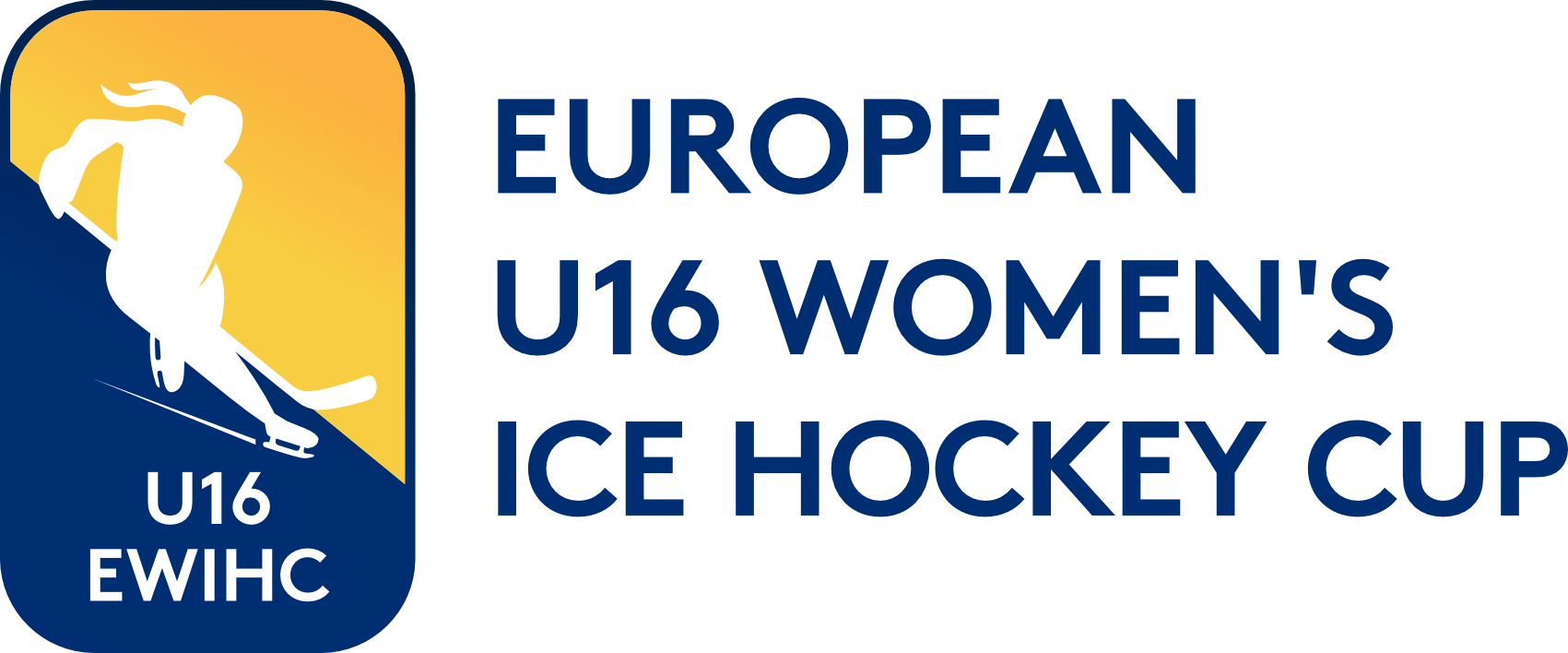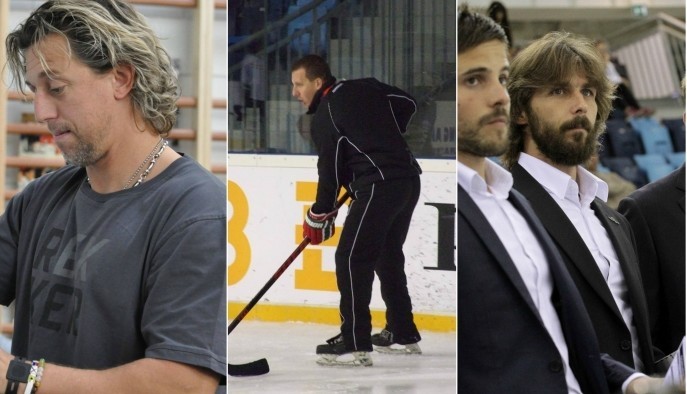
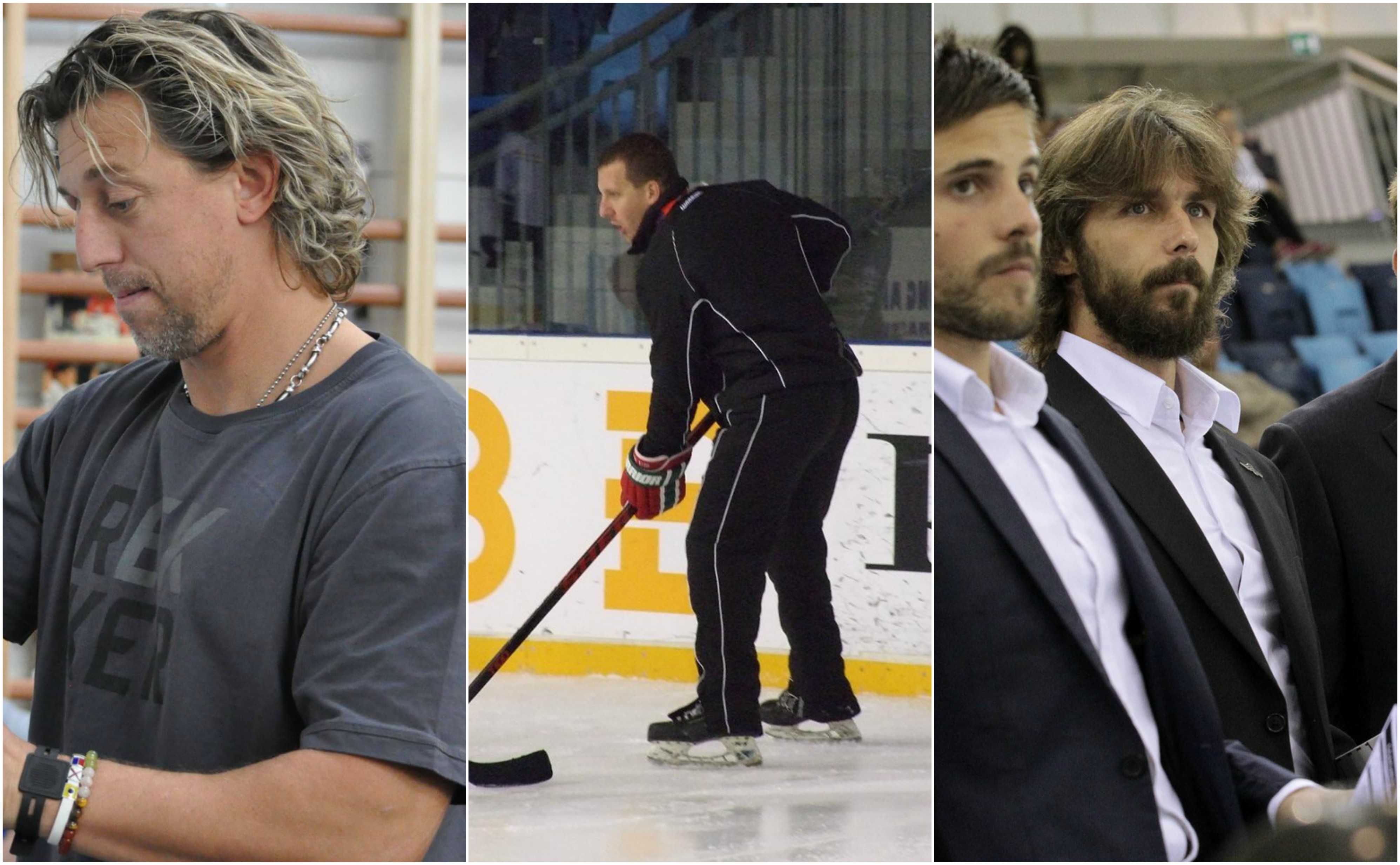
Through the courtesy of Glen Williamson and his connections three Hungarian coaches were able to take part in two different seminars that Hockey Canada hosts every year. In Canada only a select number of coaches are selected to take part in the so called High Performance seminars, these are split into two levels, 1 and 2. Csaba Jánosi participated in HP1 in Edmonton, with Zoltán Szilassy and Viktor Tokaji attaneting HP2 in Calgary. Jánosi is the Vasas U18 coach and an assistant with Hungarian U14 team, Zoltán Szilassy is the head coach for UTE and an assistant with the U16 national team and the recently retired Viktor Tokaji will be starting his first coaching season with MAC U16 this coming season.
There are only about 200 coaches in Canada that have this High Performance coaching certificate in the country, so to have three Hungarian coaches taking part in the two seminars is not only a huge deal but also a great learning opportunity in which they will be able to bring back what they learned to Hungary. “This was a paying seminar that the federation paid for and we would really like to thank the HIHF for this, it was a great opportunity for us.” said Tokaji.
The coaches brought away different ideas from the two separate seminars. Csaba Jánosi managed to take away more hands on coaching style as he talked about the way the seminar was set up. “There were four groups of coaches with nine coaches in each team, except for mine where I was the tenth. Within each “team” everyone one worked with two other coaches. We rotated the work as one group was holding the practices the second group was in the stands watching the coaches and taking notes and the third group was scouting the players during the practice. We had four games, the first three games were rotated with the fourth game the coaching staff was drawn randomly to behind the bench.”
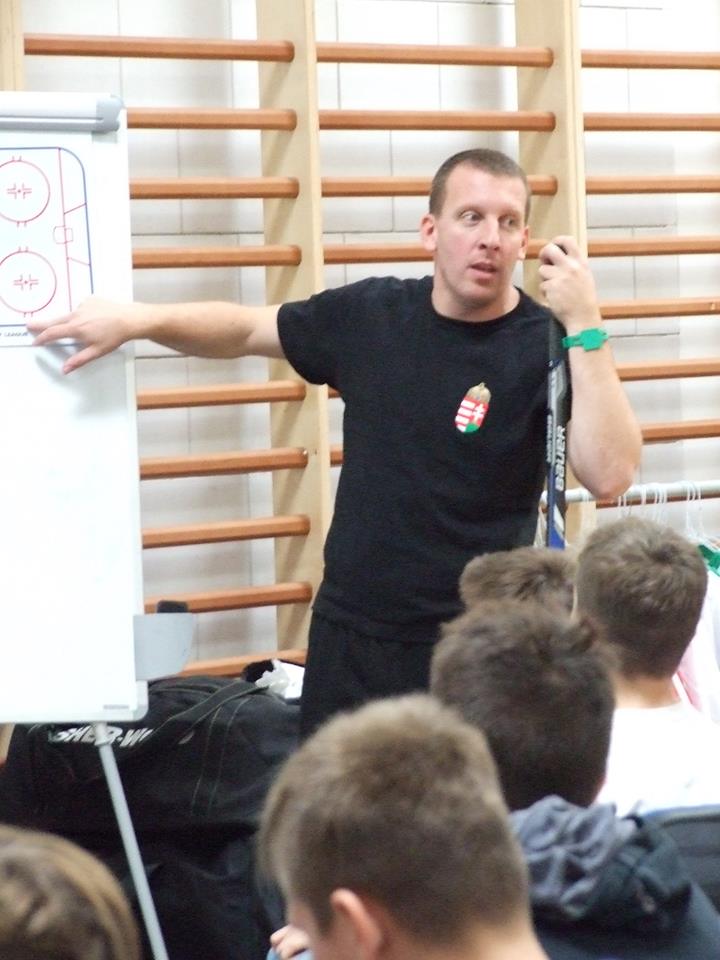
For Viktor Tokaji and Zoltán Szilassy the HP2 seminar, was more about how to implement the theory that you want to get across to your players and also how to manage the communication channels. “They put a great emphasis on the actual coaching, not repeating drills but the actual coaching of hockey. It is all about communication, how do you communicate with your players, with the other coaches, the parents and also trying to keep everything together.” said Tokaji
Tokaji was really taken aback by the communication, or the lack thereof in Hungarian hockey, “It is clear to see that the sport has become so specialized that a coachings staff is almost like an american football coaching staff. You have the head coach, two assistant coaches, a skills coach, video coach, goalie coach and a strength and conditioning coach.” he continued on, “This is seven coaches that might be found on the coaching staff of a college or a university which is still an amatuer or youth hockey, clearly at a higher level of play than what we have but still it's not a pro team. The head coach needs to direct all of this in the right direction, this was what I found very important. Communication is a big issue for us Hungarians in hockey and since I have been back I am asking a lot more questions. It is better to ask something 5 or 10 times than not to know at all.”
Unlike Jánosi in Edmonton, Tokaji and Szilassy were lucky enough to see familiar faces who they know but also most Hungarian hockey fans would know as well. Tyler Dietrich, newly named head coach of EBEL side Fehérvár AV19 was in attendance as he is going for his HP2 certificate. One of the speakers was Detroit Red Wings strength and conditioning coach Mike Kádár who is a Hungarian citizen and tries to come back to Hungary and help out at camps in the offseason as much as he can.
Jánosi took away another aspect that he found interesting and by the sound of it he might start doing it. “Something that I noticed during the three weeks that I spent in Canada was how well behaved and disciplined the kids were. After every practice regardless of where I was the kids would skate up to the coaches and thank the coaches for the practice session.”Jánosi also had an observation that hopefully can be solved as hockey becomes more popular in Hungary.
“What we can not do yet here in Hungary is that every kid can play at the level that fits them, there are multiple levels of hockey at each age in Canada, in Hungary we do not really have this yet. If you are 14 you are playing with all the 14 year olds.”
-9.jpg)
All three coaches took away a lot of new knowledge that they will be taking into their everyday coaching lives. Szilassy, Tokaji and Jánosi are all taking their first steps in hopefully a very long coaching careers. “The presentations were great and the way the information was passed on was outstanding as well. I really liked the mentality and the easiness that goes on out there in coaching.” said Jánosi. “Originally when we went out there I thought that they would tell us that this is what you do in this situation and in another situation you do this, when actually there is no right answer because everything could be correct depending on what each team needs in a particular situation and this is what coaching is about. You need to know what you need to do in each situation.” said Tokaji and he continued, “I really was able to learn a lot and everyone was asking everything from each other.”
Viktor Tokaji and Zoltán Szélessy the seminar, HP2 was more about how to implement the theory that you want to get access to your players and also how to manage the communication channels. “They put a great emphasis on the actual coaching, not repeating drills but the actual coach of the hockey. It all about communication, how do you communicate with your players, with the other coaches, the parents and also trying to keep everything together.” said Tokaji
Tokaji was really taken aback by the communication, or the lack thereof in Hungarian hockey, “It is clear to see that the sport has become so specialized that a coachings staff is almost like an american football coaching staff. You have the head coach, two assistant coaches, a skills coach, video coach, goalie coach and a strength and conditioning coach.” he continued on, “This is seven coaches that might be found on the coaching staff of a college or a university which is still an amatuer or youth hockey, clear at higher level of play than what we have but still it's not a pro team. The head coach needs to direct all of this in the right direction, this was what I found very important. Communication is a big issue for us Hungarians in hockey and since I have been back I am asking a lot more questions. It is better to ask something 5 or 10 times than not to know at all.”
Unlike Jánosi in Edmonton Tokaji and Szilassy were lucky enough to see familiar faces who they know but also most Hungarian hockey fans would know as well. Tyler Dietrich, newly named head coach of EBEL side Fehérvár AV19 was in attendance as he is going for his HP2 certificate. One of the speakers was Detroit Red Wings strength and conditioning coach Mike Kádár who is a Hungarian citizen and tries to come back to Hungary and help out at camps in the offseason as much as he can.
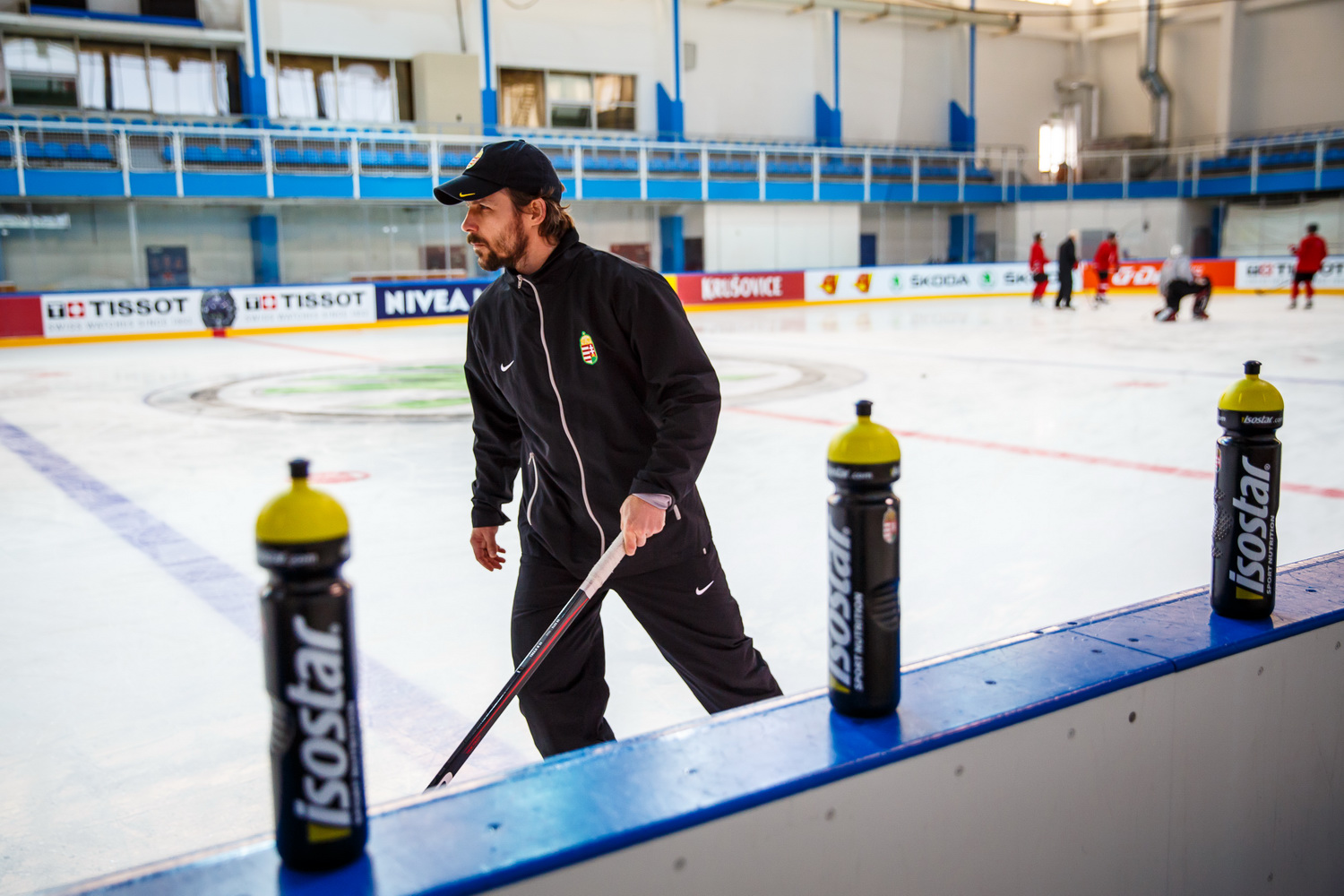
Jánosi took away another aspect that he found interesting and by the sound of it he might start doing it. “Something that I noticed during the three weeks that I spent in Canada was how well behaved and disciplined the kids were. After every practice regardless of where I was the kids would skate up to the coaches and thank the coaches for the practice session.”Jánosi also had an observation that hopefully can be solved as hockey becomes more popular in Hungary.
“What we can not do yet here in Hungary is that every kid can play at the level that fits them, there are multiple levels of hockey at each age in Canada, in Hungary we do not really have this yet. If you are 14 you are playing with all the 14 year olds.”
All three coaches took away a lot of new knowledge that they will be taking into their everyday coaching lives. Szilassy, Tokaji and Jánosi are all taking their first steps in hopefully a very long coaching careers. “The presentations were great and the way the information was passed on was outstanding as well. I really liked the mentality and the easiness that goes on out there in coaching.” said Jánosi. “Originally when we went out there I thought that they would tell us that this is what you do in this situation and in another situation you do this, when actually there is no right answer because everything could be correct depending on what each team needs in a particular situation and this is what coaching is about. You need to know what you need to do in each situation.” said Tokaji and he continued, “I really was able to learn a lot and everyone was asking everything from each other.”
